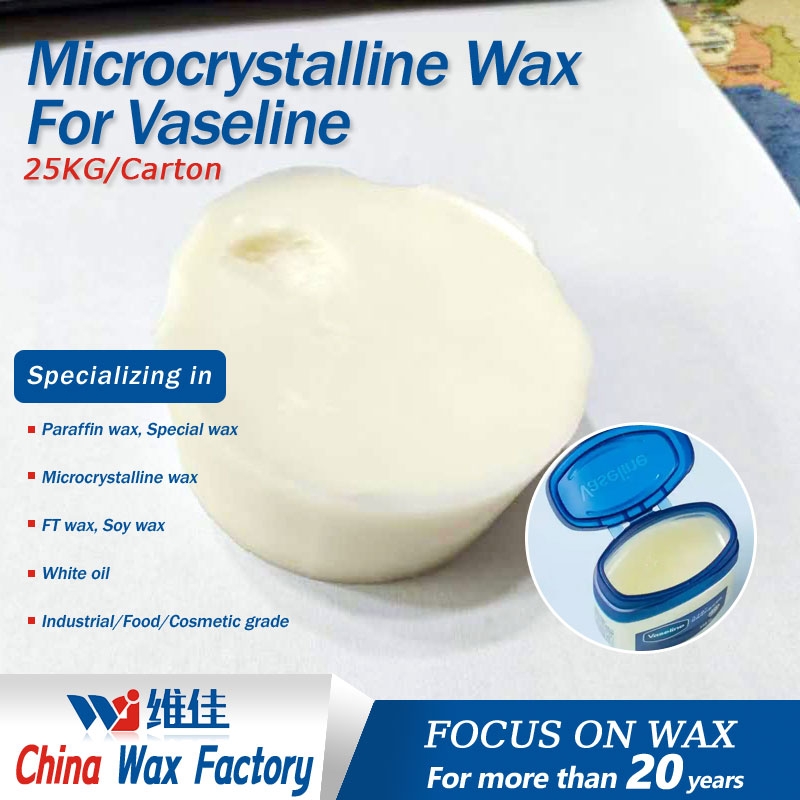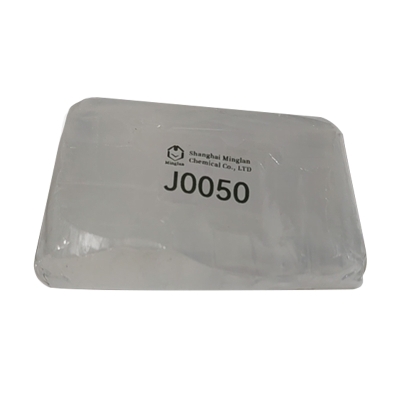-
Categories
-
Pharmaceutical Intermediates
-
Active Pharmaceutical Ingredients
-
Food Additives
- Industrial Coatings
- Agrochemicals
- Dyes and Pigments
- Surfactant
- Flavors and Fragrances
- Chemical Reagents
- Catalyst and Auxiliary
- Natural Products
- Inorganic Chemistry
-
Organic Chemistry
-
Biochemical Engineering
- Analytical Chemistry
-
Cosmetic Ingredient
- Water Treatment Chemical
-
Pharmaceutical Intermediates
Promotion
ECHEMI Mall
Wholesale
Weekly Price
Exhibition
News
-
Trade Service
The Japanese government announced on November 24 that it would cooperate with the United States' action to release the Strategic Petroleum Reserve to stabilize oil prices, and release the country's excess oil reserves
without violating the Oil Reserves Law.
Japanese Prime Minister Fumio Kishida said that morning that US President Joe Biden had announced the release of the Strategic Petroleum Reserve
.
In order to stabilize the international market, Japan has always maintained cooperation with the United States, and this time Japan will remain in step with
the United States.
The Government decided to sell a portion of the National Reserve Oil
in a form that does not violate the Oil Reserves Act.
At the same time, he stressed that the stability of crude oil prices is an important issue
related to post-epidemic economic recovery.
The White House announced on November 23 that the U.
S.
Department of Energy will release 50 million barrels of crude oil from the Strategic Petroleum Reserve to alleviate the mismatch between oil supply and demand as the economy recovers from the new crown epidemic and reduce oil prices
.
The U.
S.
Department of Energy said 18 million barrels of that had been approved by Congress for direct sale, while another 32 million barrels were short-term swaps
.
According to the Nikkei newspaper, as Japan's domestic oil demand declines, Japan's daily reserves will also decrease, and the excess reserves exceeding the country's necessary reserves will be sold
by tender.
The government is expected to release 4.
2 million barrels first, about the same as Japan's
domestic demand for one to two days.
The government may continue to release additional releases
as needed.
According to Japanese media reports, as of the end of September, Japan had oil reserves
equivalent to about 240 days of domestic demand.
Among them, national reserves account for 145 days, oil companies and other private reserves for 90 days, and the rest are joint reserves
between Japan and oil-producing countries.
Unlike Japan's release of private oil reserves during the Great East Japan Earthquake and the Libyan Crisis, the release of national reserves this time is an unprecedented move by Japan
.
According to Japan's Oil Reserve Law, oil reserves are not a tool for stabilizing oil prices, and it is not allowed to release reserves due to high prices, but only when supply is interrupted or disasters occur
.
However, reserves currently held by both the Government and the private sector exceed the statutory
minimums.
The release of excess reserves is not restricted
by law.
According to Japanese media reports, the Japanese government will implement the tender
within this year.
Proceeds from the sale of oil reserves are likely to be used as grants
to curb the rise in gasoline prices.







